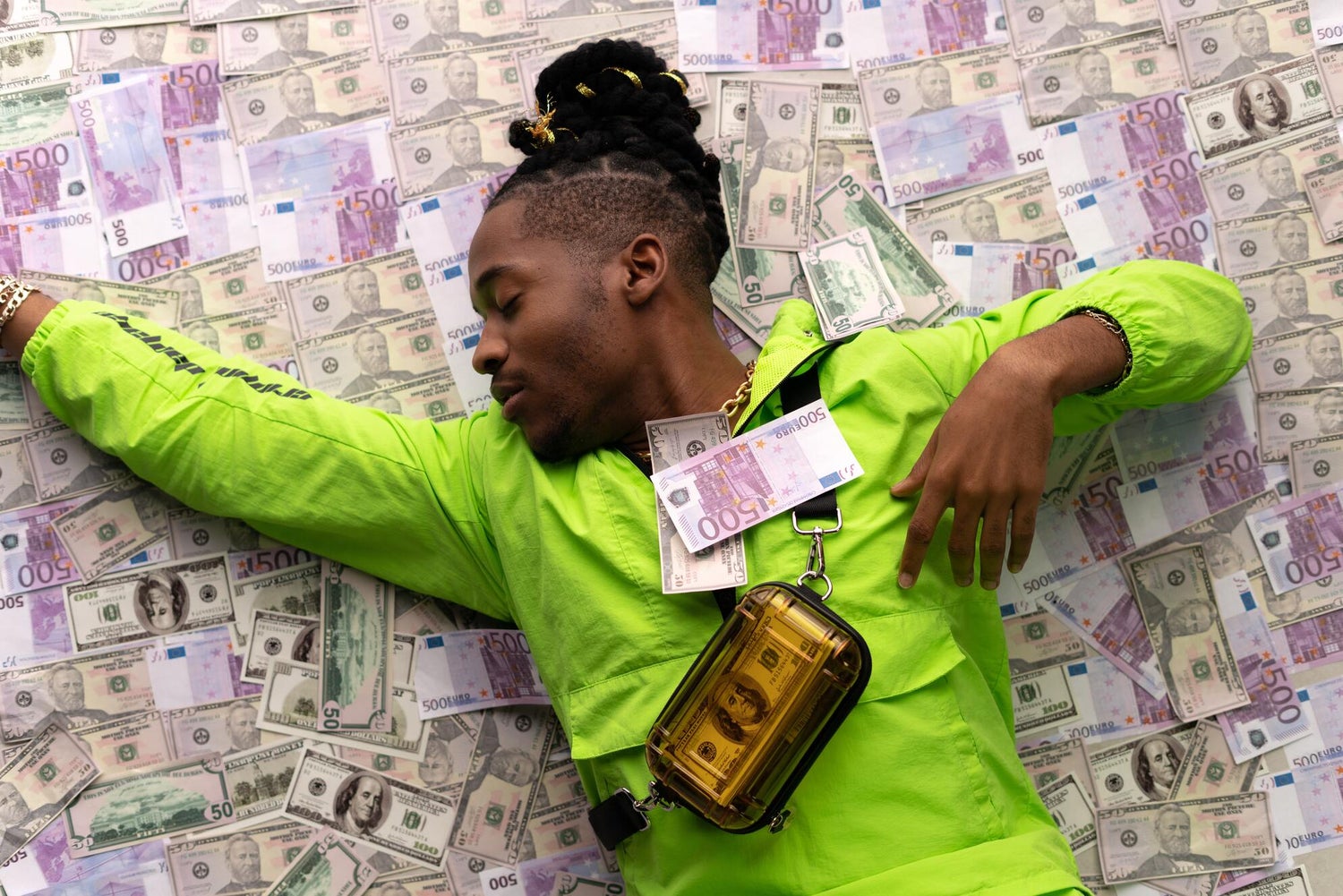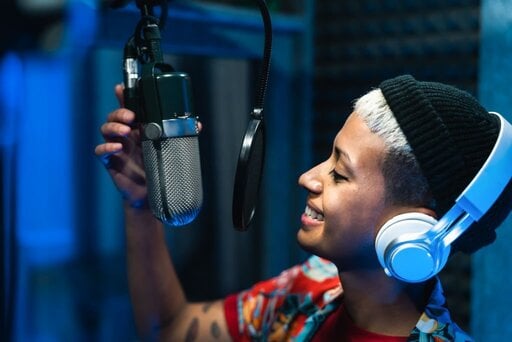
Recently I stumbled upon an article that inspired me to write this piece and share this new found knowledge. Some of you might know this and some might be enlightened by this new found knowledge :)
Here are six things rappers need to know!
- Sync Licensing: or synchronization license is an agreement between a music user and the owner of a copyrighted composition (song), that grants permission to release the song in a video format (YouTube, DVDs, Blue-ray discs). Whenever you release a recording of a song that someone else wrote in a video format, even if it's just a small portion of the song, you need a synchronization license. Sync licenses are most commonly used for YouTube videos, cover song videos, wedding videos, and commercial and corporate videos. For example, if you release a YouTube video of yourself covering a Drake song, even if you use only a portion of the song, you need a synchronization license. If you release a DVD of yourself performing a Juice Wrld song or singing Mariah Carey lyrics, you will need a synchronization license before the release.
- Digital Marketing: refers to advertising delivered through digital channels such as search engines, websites, social media, email, and mobile apps. Using these online media channels, digital marketing is the method by which artists endorse singles, albums, and live concerts.
- Royalties: are payments that go to recording artists, songwriters, composers, publishers, and other copyright holders for the right to use their intellectual property. American copyright laws give artists these exclusive rights to their work. Music Royalties are also generated for various types of licensing and usage. Unlike most countries, which base mechanical royalties on percentages, US mechanical royalties are calculated on a penny (¢) basis per song. Record companies pay the recording artist either a current minimum statutory penny rate, or a “reduced” penny rate.
- Music Contracts: or a record deal, is an agreement that record labels use to assert their ownership of the product of a recording session (the master recording) and their licensing rights in the promotion of the record. They also use the contract to detail the payment of a fixed percentage of royalties to singers and/or songwriters who wish to record music (i.e. music artists recording an album or filming a music video). This agreement defines the terms of the recording and distribution process. It provides contractual assurances to the record label regarding the performance and conduct of the singer(s), songwriter(s), band members, during the process of recording and releasing an album. At the same time it can allow the artist autonomy in certain aspects of the creative process and provides that the record label will front the costs associated with producing and promoting an album. These are usually the matters which must be settled in order for a record label to work with a recording artist.
- Music Publishing: is the business of promotion and monetization of musical compositions. Publishers ensure that songwriters receive royalties for their compositions, and also work to generate opportunities for those compositions to be performed and reproduced. In short, music publishing is really all about songwriters and copyrights. When music is used commercially (whether sold, licensed, or publicly performed), the songwriter and copyright owner is owed royalties. A music publishing company can offer multiple services for songwriters. As a ‘publishing administrator’, they administer the copyright – protecting the use of songs as well as collecting royalties owed from use.
- Performing Rights Organizations: also known as a performing rights society, provides intermediary functions, particularly collection of royalties, between copyright holders and parties who wish to use copyrighted works publicly in locations such as shopping and dining venues. PROs ensure that rights' holders are paid their fair share of public performance royalties, by issuing licenses to different companies and establishments and tracking where and how often the songs of their affiliates are performed at these public venues. A few PROs you can join are ASCAP, BMI, SESAC, Global Music Rights etc.
I hope this brings you some insight into how the music industry works!
Stay connected!





Comments ()